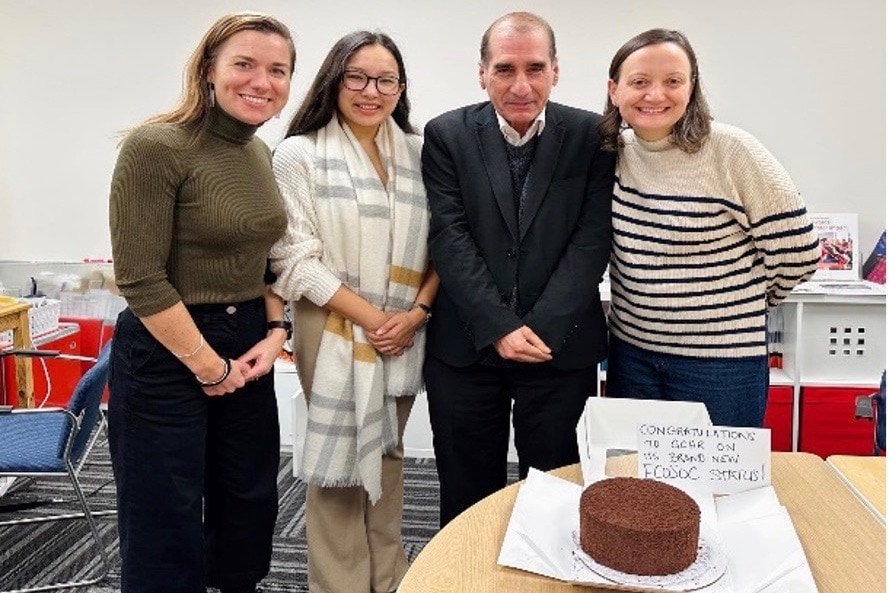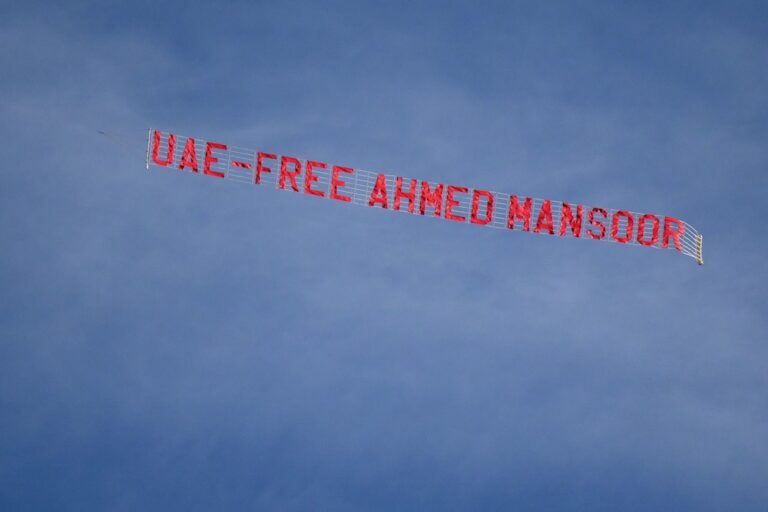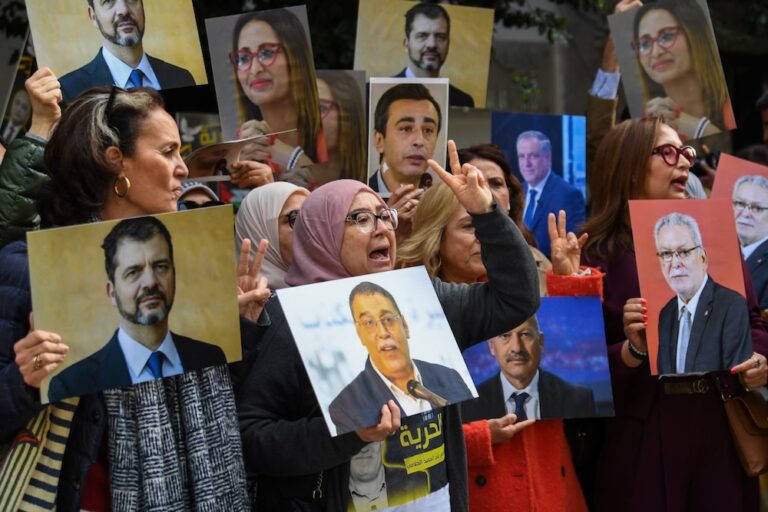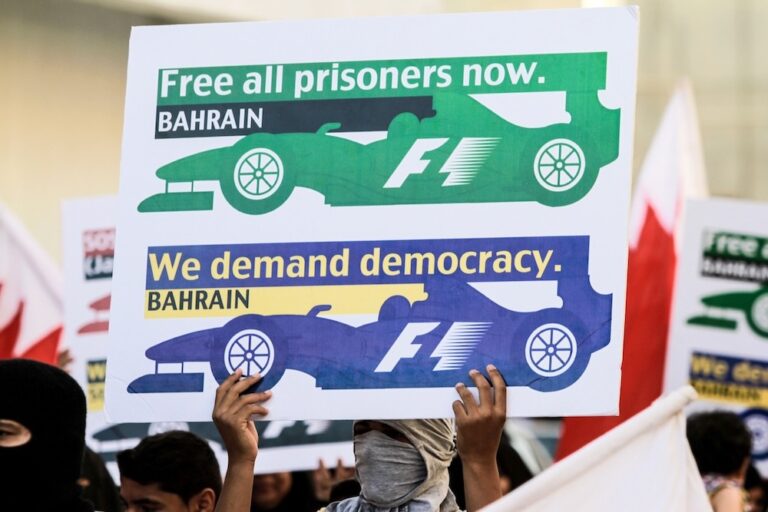After years of efforts, IFEX members Gulf Centre for Human Rights and Bahrain Center for Human Rights are finally granted UN ECOSOC consultative status.
This statement was originally published on gc4hr.org on 8 December 2022.
On 7 December 2022, the UN ECOSOC Committee voted in favour of granting the Gulf Centre for Human Rights (GCHR) the UN ECOSOC Consultative Status, together with another eight NGOs including the Bahrain Centre for Human Rights (BCHR). The details of the voting indicated that 24 members out of the 54 state members voted to grant us status, while 17 voted against with the abstention of 11 state members.
Khalid Ibrahim, GCHR Executive Director, who was on an advocacy mission to mobilise support in New York, said, “It is a historic day for us, as since 2015, we have sought to get our right to obtain ECOSOC consultative status, but our sincere and relentless efforts were met with ongoing opposition from governments that did not want to support our peaceful and independent human rights work.”
He added, “Despite this, we have continued our close work with various mechanisms of the UN, including the Office of the High Commissioner for Human Rights (OHCHR) and the Special Rapporteurs, with the support of our partners, including other human rights organisations such as the International Federation for Human Rights (FIDH), the Cairo Institute for Human Rights Studies (CIHRS), CIVICUS, the World Organisation Against Torture (OMCT) and the International Service for Human Rights (ISHR).” He concluded, “We thank all the countries that supported us before and after the vote, as well as the partner human rights organisations, especially ISHR, who made endless efforts in New York to ensure that we obtained consultative status.”
Since applying for ECOSOC status in 2015, GCHR has been asked repeated questions about its budget and activities, sometimes the same question for several years in a row, or other trivial questions such as details about an activity held in Beirut to mark the International Day to End Impunity with UNESCO. The questions were aimed at impeding independent NGOs from gaining access to the UN.
“We welcome the vote by ECOSOC States which today has contributed to ensuring the presence of a vibrant and independent civil society at the UN. ECOSOC States must continue to ensure that its NGO Committee fulfils its mandate of furthering NGO participation at the UN. Given the serious global challenges that the UN seeks to address through its work, including the protection and promotion of human rights, NGOs working on these issues must be welcomed as key partners, and not blocked due to arbitrary and political reasons,” said Madeleine Sinclair, New York Office Co-Director and Legal Counsel for ISHR.



